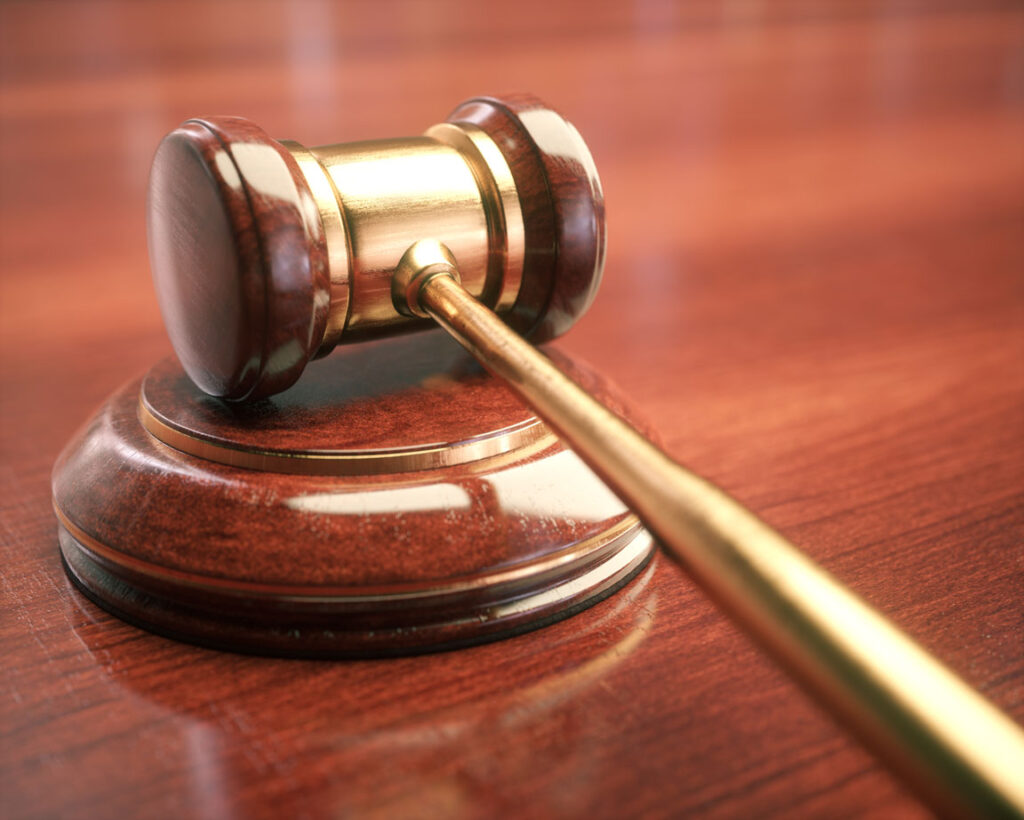Successfully filing for Chapter 7 bankruptcy can eliminate your debts, providing you peace of mind and a fresh financial start. At Todd Cushner & Associates, we have helped individuals and families throughout White Plains file for Chapter 7 bankruptcy, achieving the positive outcome they deserve. In this article, we are going to provide you with some information on Chapter 7 bankruptcy and discuss how you can benefit from it personally.
Chapter 7 Eligibility
To qualify for relief under chapter 7 of the Bankruptcy Code, the debtor may be an individual, a partnership, or a corporation or other business entity. 11 U.S.C. §§ 101(41), 109(b). Subject to the means test described above for individual debtors, relief is available under chapter 7 irrespective of the amount of the debtor’s debts or whether the debtor is solvent or insolvent. An individual cannot file under chapter 7 or any other chapter, however, if during the preceding 180 days a prior bankruptcy petition was dismissed due to the debtor’s willful failure to appear before the court or comply with orders of the court, or the debtor voluntarily dismissed the previous case after creditors sought relief from the bankruptcy court to recover property upon which they hold liens. 11 U.S.C. §§ 109(g), 362(d) and (e). In addition, no individual may be a debtor under chapter 7 or any chapter of the Bankruptcy Code unless he or she has, within 180 days before filing, received credit counseling from an approved credit counseling agency either in an individual or group briefing. 11 U.S.C. §§ 109, 111. There are exceptions in emergency situations or where the U.S. trustee (or bankruptcy administrator) has determined that there are insufficient approved agencies to provide the required counseling. If a debt management plan is developed during required credit counseling, it must be filed with the court.
One of the primary purposes of bankruptcy is to discharge certain debts to give an honest individual debtor a “fresh start.” The debtor has no liability for discharged debts. In a chapter 7 case, however, a discharge is only available to individual debtors, not to partnerships or corporations. 11 U.S.C. § 727(a)(1). Although an individual chapter 7 case usually results in a discharge of debts, the right to a discharge is not absolute, and some types of debts are not discharged. Moreover, a bankruptcy discharge does not extinguish a lien on property.


What Debts Can Be Eliminated Through Chapter 7 Bankruptcy?
After successfully filing for Chapter 7 bankruptcy, you will be able to eliminate debts including:
- Car payments
- Medical fees
- Credit card debts
- Personal and student loans
- Utility costs including telephone, electric, and other fees
- Non-delinquent income taxes
Take Your First Step Toward Financial Freedom
The bankruptcy litigation experts of Todd Cushner & Associates are here to navigate you through every step of the bankruptcy process. So, take your first step toward achieving financial freedom today by contacting us to schedule a free consultation.

